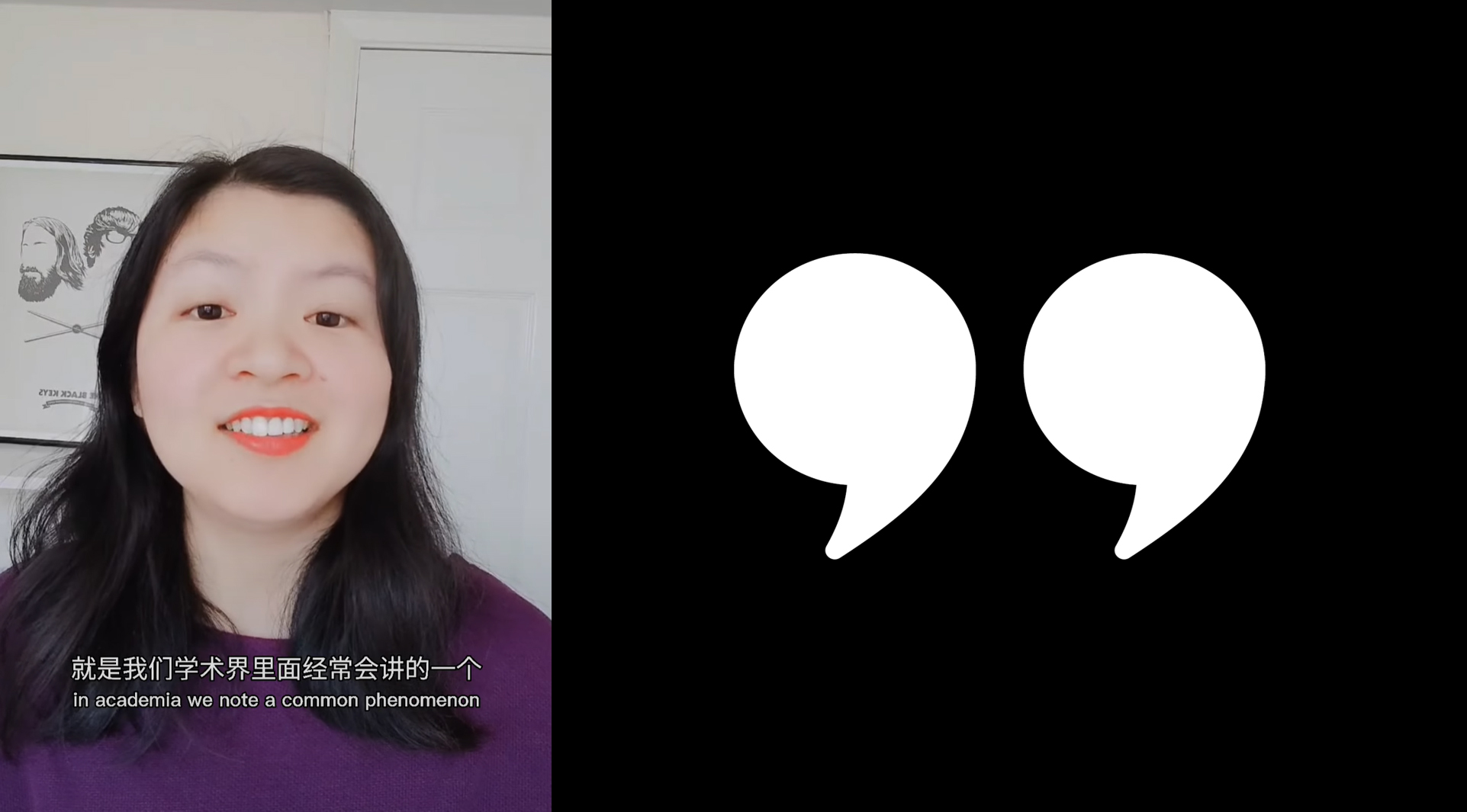Who do you cite?
In this NORRAG Highlights published in connection with the launch of NORRAG’s initiative #TheSouthAlsoKnows, Cora L. Xu, Assistant Professor at Durham University, UK, raises the issue of the overrepresentation in citations of dominant groups in academia, she asks the question: “Who do you cite?”. The content of this blog post originates from a video posted by Cora L. Xu on her YouTube channel
Sharing knowledge, Creating justice. Welcome to Dr. Xu Gazing at Academia.
Hello. Today, let’s discuss whose works you cite in your academic writing. This is an important but often ignored issue. As we know, we often cite scholars’ works in our academic writing, however have you thought about who you are citing?
In academia, we note a common phenomenon which suggests that people typically cite the works of ‘dead white men’, meaning authors who have passed away and are white men. Because this group has been dominant in academia, we tend to cite their works and end up reproducing their dominance.
In contrast, the works of early career researchers, emerging researchers who might be very innovative and creative, tend to be ignored because they are little known. In addition, there are scholars whose work tend to get marginalized, such as female scholars, nonwhite scholars, or ‘scholars of color’, which is, admittedly, a rather crude concept but can work for now. And sexual minority scholars, etc.
These scholars’ works tend to get cited less often, less widely or in-depth, in comparison with their white male counterparts. This phenomenon can be problematic. Some problems include: scholars who are already marginalized, their viewpoints and scholarship are in dire need of greater amplifying and greater reach so that more people can become aware of their positions, situations, and circumstances, which can help to change their marginalized position.
However, if we keep ignoring them by not citing them or only mentioning their names without truly engaging with their arguments, their evidence, and having a truly independent engagement with their works, then we are only contributing to their further marginalization.
Citing these scholars’ works meaningfully and in-depth is perhaps one of the most effective ways to make your politics and political stance known, and perhaps, one of the most effective ways to contribute to more social justice. And this is something that is within your control.
For Dr. Xu, when I first began writing academic papers, I was not aware of such an issue, however now when I finish writing my articles, I would check and reflect on whom I have cited and would make sure to engage with, as much as possible, the works of female, nonwhite, and early career researchers. This has been a practice that I have also adopted in my own teaching. I now include a great deal of readings of nonwhite female scholars in my lectures and reading lists. I feel that is the least I can do.
How about you? What do you think? If you agree, I encourage you to do the same. Pay more attention to who you cite in your writing and teaching. Thank you.
For more content from Cora L. Xu subscribe to her channel on YouTube.
#TheSouthAlsoKnows is a new initiative launched by NORRAG in 2022, it aims to contribute to reversing the North-to-South flow of expertise and decision making by creating a megaphone to amplify underrepresented expert knowledge from the South to audiences in the North. Learn more about the initiative on our webpage. The initiative will also be launched at our event on 25 March 2022: Global Launch of regional editions of NSI 05 on Domestic Financing: Tax and Education

